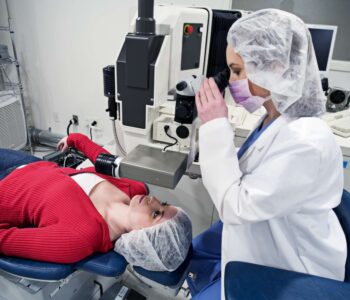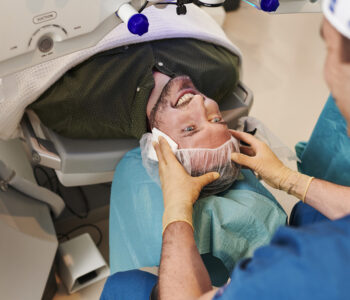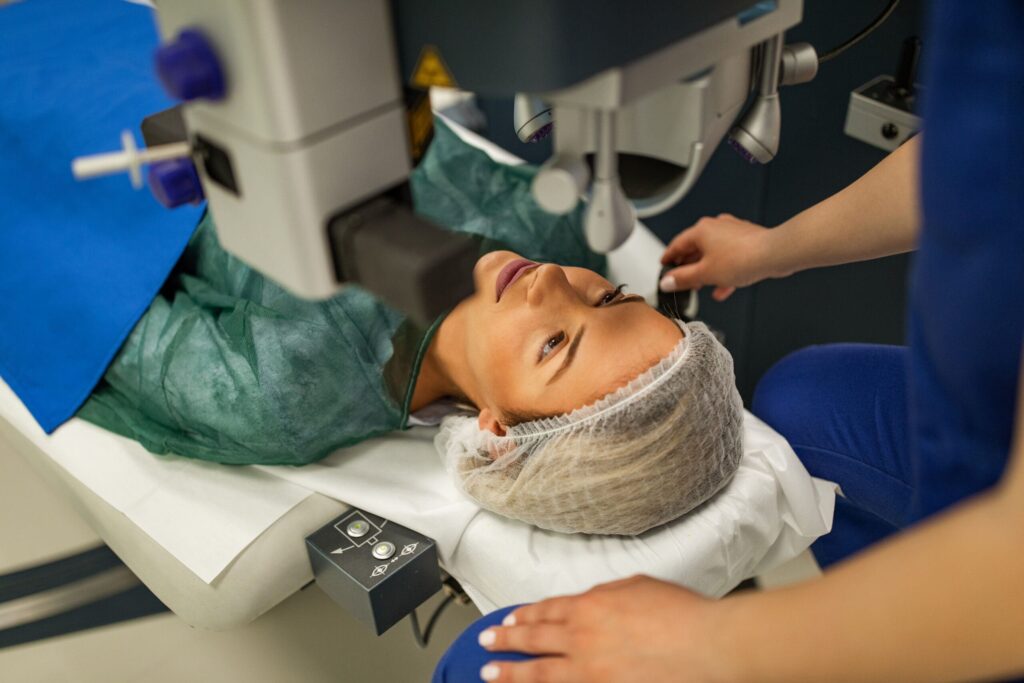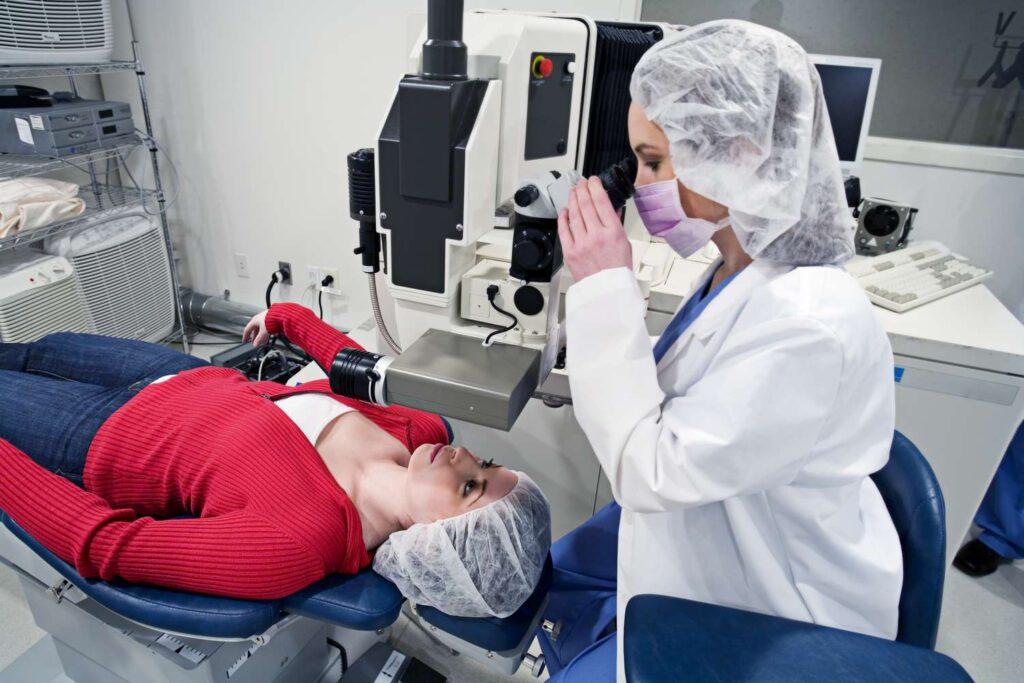 Laser Eye Surgery
Laser Eye Surgery
Is Laser Eye Surgery Right for You? A Complete…
Understanding Laser Eye Surgery
Laser eye surgery is a medical procedure designed to correct vision problems like nearsightedness (myopia), farsightedness (hyperopia), and astigmatism. By reshaping the cornea with advanced laser technology, patients can significantly reduce or even eliminate dependence on glasses or contact lenses.
See more: Is Eye Surgery LASIK Right for You? 5 Factors to Consider
The two most common techniques are LASIK (Laser-Assisted In Situ Keratomileusis) and PRK (Photorefractive Keratectomy):
- LASIK: Involves creating a thin corneal flap, reshaping the underlying tissue with a laser, and repositioning the flap. Recovery is generally fast.
- PRK: Removes the outer corneal layer before laser reshaping. The surface regenerates naturally, so initial recovery is slightly slower but equally effective.
Other techniques include SMILE (Small Incision Lenticule Extraction) and Wavefront-guided LASIK, each offering unique advantages based on patient needs.
Choosing the right method requires an evaluation by a qualified ophthalmologist, considering your eye health, lifestyle, and personal goals.
Preparing for Your Procedure
Preparation is key to a smooth surgery and effective recovery.
1. Pre-Surgery Consultation
- Comprehensive eye exam, including corneal mapping and vision tests.
- Discussion of medical history, medications, and lifestyle habits that may affect suitability.
2. Contact Lens Discontinuation
- Soft lenses: avoid for at least 1–2 weeks.
- Rigid gas-permeable lenses: may require a longer break.
- Ensures accurate corneal measurements for the procedure.
3. Scheduling and Support
- Arrange transportation, as driving is not permitted immediately post-surgery.
- Schedule a few days off work or school for optimal recovery.
4. Costs and Insurance
- Laser eye surgery cost in Australia ranges from $2,000–$4,000 per eye.
- Some insurance plans may cover part of the procedure if medically necessary.
What Happens During Laser Eye Surgery
The procedure is typically quick, safe, and precise, taking 15–30 minutes for both eyes.
Step-by-Step Procedure
- Eye Preparation
- Numbing drops applied to minimize discomfort.
- Eyelid holder keeps the eye open.
- Technique-Specific Steps
- LASIK: Flap creation, corneal reshaping, flap reposition.
- PRK: Removal of outer corneal layer, laser reshaping, natural regeneration.
- SMILE: Small incision, tissue removal, corneal reshaping with minimal disruption.
- Wavefront-Guided LASIK: Customized treatment based on detailed corneal topography.
- Procedure Duration
- Each eye typically takes 10–15 minutes, depending on the technique.
Pro Tip: Bring sunglasses; eyes are light-sensitive post-procedure.

Recovery and Aftercare
Recovery depends on the surgical technique.
Immediate Post-Surgery
- Mild burning, tearing, or light sensitivity is normal.
- Vision may be blurry initially; LASIK and SMILE often recover faster than PRK.
First Week
- Avoid rubbing eyes.
- Follow prescribed eye drop schedule.
- Limit exposure to screens, dust, and smoke.
First Month
- Attend follow-ups for proper healing assessment.
- Resume normal activities as advised by your ophthalmologist.
Recovery Tips
- Use lubricating eye drops as directed.
- Wear sunglasses outdoors to protect sensitive eyes.
- Avoid swimming or hot tubs for at least a month.
Risks, Benefits, and Long-Term Results
Benefits
- Reduced dependence on glasses or contacts.
- Quick, precise, and generally painless procedures.
- Long-lasting vision correction for most patients.
Risks
- Dry eyes, glare, or halos around lights.
- Minor risk of under-correction or over-correction.
- Rare complications like infection or flap issues (LASIK).
Long-Term Results
- Most patients achieve 20/25 vision or better.
- Vision may naturally change with age, sometimes requiring touch-ups.
Frequently Asked Questions (FAQ)
Who is a suitable candidate for laser eye surgery?
Ideal candidates are over 18, with stable vision, healthy corneas, and no serious eye conditions.
Does the procedure hurt?
Most patients report minimal discomfort due to numbing drops; mild pressure or burning may occur.
How long is the recovery?
- LASIK/SMILE: 1–2 days for basic recovery.
- PRK: 3–5 days or longer for full vision clarity.
How much does it cost in Australia?
Typically $2,000–$4,000 per eye, depending on technique and clinic.
Can I drive after surgery?
Driving is prohibited immediately; most patients can resume driving within 24–48 hours after LASIK, longer for PRK.























